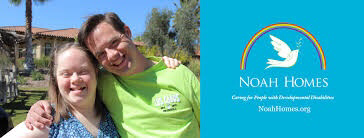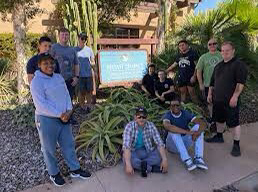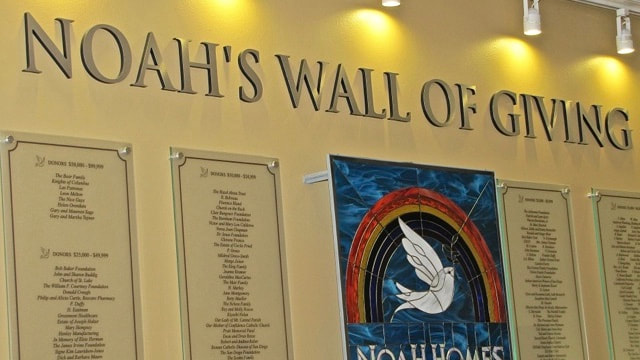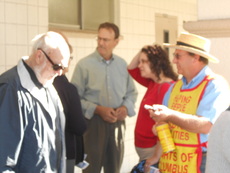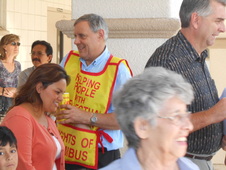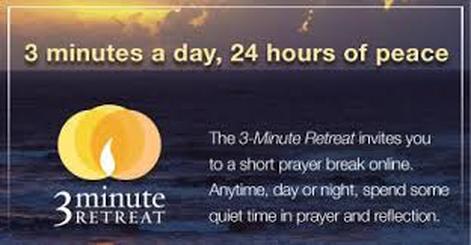Residential Care for Adults with Developmental Disabilities. Now celebrating 32 years of service!
Join the Knights of Columbus Council 9332
in raising donations to help those with Intellectual Disabilities
Congratulations to Tim Riemann
for his appointment to the San Diego Regional Center
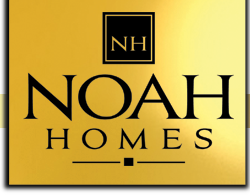
This time of the year (October- December) the Knights of Columbus Council 9332,
conduct a fund raising drive [sometimes referred to as the "Tootsie Roll" drive] to help those with intellectual disabilities and their families. The money collected and distributed by the Columbian Foundation, are given to a place like the Noah Homes . These beautiful facilities provide a safe, comfortable living home to the area individuals with intellectual disabilities.
We are very honored to help out in this way. Take a look at the slideshow below that features a tour of the Noah Homes and our Council Knights looking at what your donations do.
conduct a fund raising drive [sometimes referred to as the "Tootsie Roll" drive] to help those with intellectual disabilities and their families. The money collected and distributed by the Columbian Foundation, are given to a place like the Noah Homes . These beautiful facilities provide a safe, comfortable living home to the area individuals with intellectual disabilities.
We are very honored to help out in this way. Take a look at the slideshow below that features a tour of the Noah Homes and our Council Knights looking at what your donations do.
Meet Patrick from Noah Homes on Vimeo.
Elevating the standard of care- Memory Care Facility
See what your donations have wrought. Thank You.
More than 280,000 people in California have a developmental disability and, as a population, they are dealing with issues related to aging for the first time. For instance, life expectancy for people with Down syndrome has increased dramatically in recent decades – from 25 in 1983 to 60 today.
For the past 30 years, Noah Homes has been providing residential care, community advocacy and collaborative services to this underserved population. Now, Noah Homes is working with partners in construction, employment, programming, health care, policy and the nonprofit sector to fill the gap in housing options for those aging with developmental disabilities, making sure they have quality, affordable memory care options suited for their specialized needs.
In November 2016, Noah Homes, joined by elected officials and more than 30 community partners announced the completion of the first memory care homes in California, two of the first in the nation, specifically for people with developmental disabilities, including Down syndrome, Autism, cerebral palsy and others.
The current housing choices for people with developmental disabilities who are dealing with Alzheimer’s are not much of a choice at all. While the average age of admittance to a nursing home is 79, adults with developmental disabilities in need of aging and dementia care tend to be in their 50s and require a higher staff to resident ratio along with specialized care. The US Department of Health and Human Services released a study that found that one-quarter of assisted living communities had a ratio of one Personal Care Assistant for each 23 or more residents.
This is why we were proud to open two 5,000 sq. ft. homes for 20 people with developmental disabilities who have been diagnosed with aging issues, Alzheimer’s or another related dementia. The total project is less than $1 million from being completely funded. Most homes under Noah Homes management have a staff to resident ratio of approximately 1:4 and 1:6. The new Memory Care Homes have a staff to resident ratio of 1:2 and include state-of-the-art technology, access to national research, and opportunities for residents to participate in groundbreaking new techniques to fight Alzheimer’s, dementia, and other aging struggles.
Residents are selected based off an interest list of adults with developmental disabilities receiving services through the San Diego Regional Center. Project partners are hopeful that plans will be replicated by other organizations throughout California and across the nation, alleviating some of the burden of the 15.5 million caregivers who provided an estimated 17.7 billion hours of unpaid care, valued at more than $220 billion in 2013.
“Almost all people with Down syndrome will develop Alzheimer’s as they live into their 60s – starting as early as their 40s – and yet there are no homes specialized for their needs,” said Molly Nocon, CEO of Noah Homes. “As UC San Diego continues to advance research on Alzheimer’s, we are working with organizations around the country to advance quality of care for those affected – obviously, the need is much larger and this is just the beginning.”
For the past 30 years, Noah Homes has been providing residential care, community advocacy and collaborative services to this underserved population. Now, Noah Homes is working with partners in construction, employment, programming, health care, policy and the nonprofit sector to fill the gap in housing options for those aging with developmental disabilities, making sure they have quality, affordable memory care options suited for their specialized needs.
In November 2016, Noah Homes, joined by elected officials and more than 30 community partners announced the completion of the first memory care homes in California, two of the first in the nation, specifically for people with developmental disabilities, including Down syndrome, Autism, cerebral palsy and others.
The current housing choices for people with developmental disabilities who are dealing with Alzheimer’s are not much of a choice at all. While the average age of admittance to a nursing home is 79, adults with developmental disabilities in need of aging and dementia care tend to be in their 50s and require a higher staff to resident ratio along with specialized care. The US Department of Health and Human Services released a study that found that one-quarter of assisted living communities had a ratio of one Personal Care Assistant for each 23 or more residents.
This is why we were proud to open two 5,000 sq. ft. homes for 20 people with developmental disabilities who have been diagnosed with aging issues, Alzheimer’s or another related dementia. The total project is less than $1 million from being completely funded. Most homes under Noah Homes management have a staff to resident ratio of approximately 1:4 and 1:6. The new Memory Care Homes have a staff to resident ratio of 1:2 and include state-of-the-art technology, access to national research, and opportunities for residents to participate in groundbreaking new techniques to fight Alzheimer’s, dementia, and other aging struggles.
Residents are selected based off an interest list of adults with developmental disabilities receiving services through the San Diego Regional Center. Project partners are hopeful that plans will be replicated by other organizations throughout California and across the nation, alleviating some of the burden of the 15.5 million caregivers who provided an estimated 17.7 billion hours of unpaid care, valued at more than $220 billion in 2013.
“Almost all people with Down syndrome will develop Alzheimer’s as they live into their 60s – starting as early as their 40s – and yet there are no homes specialized for their needs,” said Molly Nocon, CEO of Noah Homes. “As UC San Diego continues to advance research on Alzheimer’s, we are working with organizations around the country to advance quality of care for those affected – obviously, the need is much larger and this is just the beginning.”


